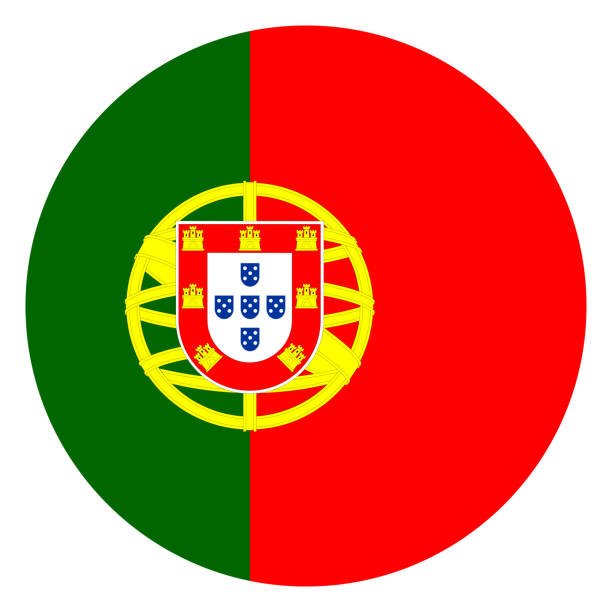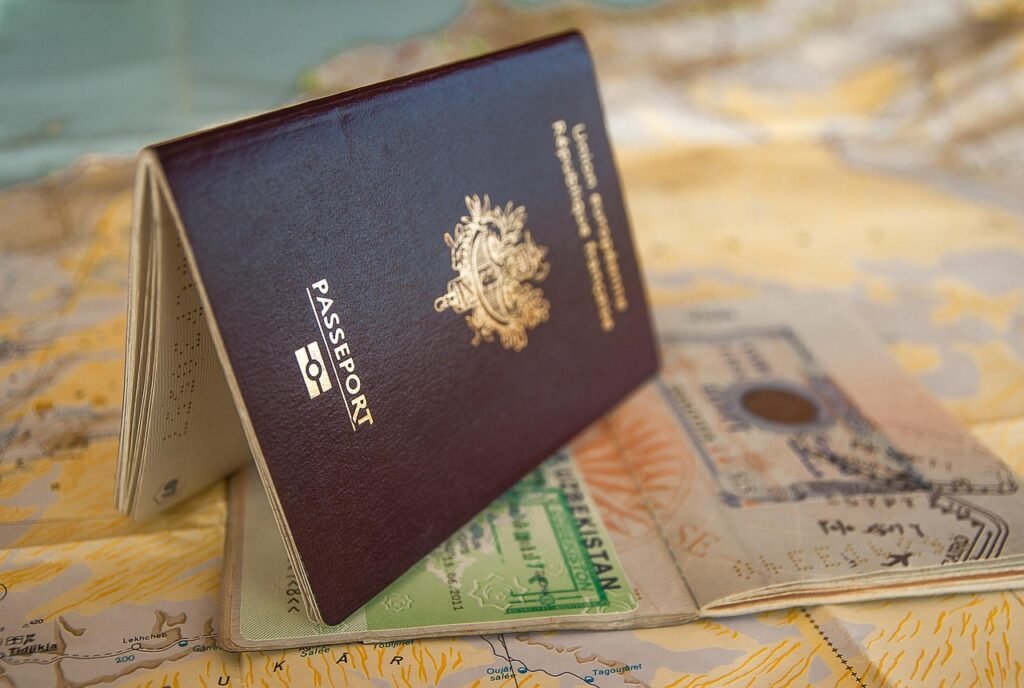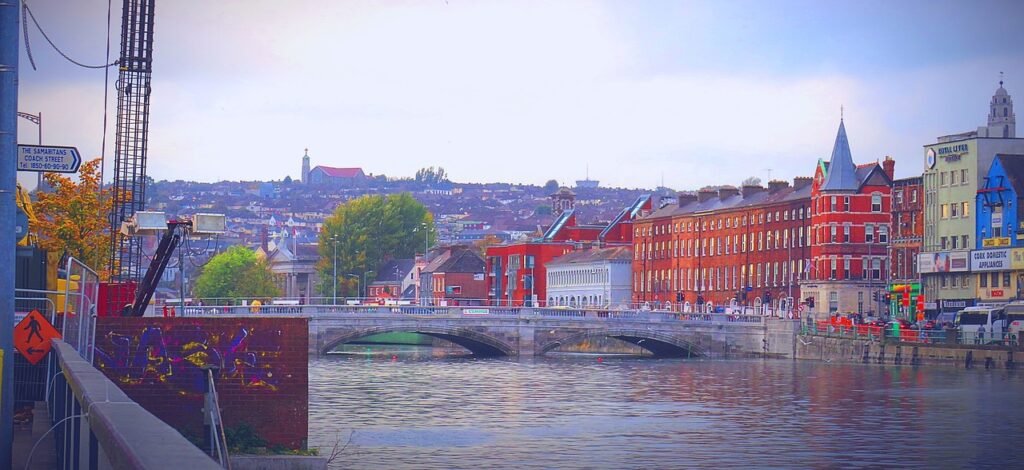Study in Colourful
Portugal
|
Why Study in Portugal?
Portugal offers high-quality education with a strong emphasis on research, innovation, and cultural diversity. Many public universities charge low tuition fees for international students, making it an affordable study destination. Students benefit from a pleasant climate, rich history, vibrant culture, and a welcoming, safe environment. Studying in Portugal also provides excellent career prospects and pathways to permanent residency in a growing European economy.

- Study in
Portugal
Study Programs in Portugal
Study Programs in Portugal for international (including Bangladeshi) students:
Schooling / Primary & Secondary Education – Available at international and bilingual schools (fees apply), offering globally recognized curricula such as the International Baccalaureate (IB) and national Portuguese programs.
Diploma & Vocational Programs – Offered by polytechnic institutes and specialized colleges, focusing on practical, job-ready skills in areas like technology, design, tourism, and engineering.
Bachelor’s Degrees – A wide range of programs primarily taught in Portuguese; however, many universities offer English-taught bachelor’s degrees, especially in fields like business, engineering, sciences, and social sciences.
Master’s Degrees – Portugal is known for its diverse English-taught master’s programs in areas such as renewable energy, information technology, management, health sciences, and humanities.
PhD Programs – Structured doctoral programs with low or no tuition fees at public universities, often accompanied by research grants or scholarships.

- Study in
Portugal
Step-by-Step Guide
🇵🇹 Step 1: Research Universities and Programs
Explore public and private universities and polytechnic institutes in Portugal. Shortlist programs that fit your academic background, career goals, and language skills (Portuguese/English).
🇵🇹 Step 2: Check Eligibility Requirements
Review entry criteria, including academic qualifications, language proficiency (IELTS, TOEFL for English programs, or Portuguese language tests if required), and any program-specific prerequisites.
🇵🇹 Step 3: Prepare and Submit Applications
Apply online through the university’s application portal or via the national application platform (DGES) for undergraduate studies. Ensure all documents are certified and translated into Portuguese or English.
🇵🇹 Step 4: Explore Scholarships & Funding Options
Look into scholarships such as Erasmus+, Portuguese government scholarships, university-specific awards, or other funding opportunities for international students.
🇵🇹 Step 5: Receive Offer and Accept Admission
Once accepted, follow the university’s instructions to confirm your place. Pay any required tuition or enrollment fees.
🇵🇹 Step 6: Apply for Student Visa (Study Permit)
Apply for a Portugal student visa at the Portuguese Embassy or Consulate in Bangladesh. Submit required documents and biometrics. Show proof of financial means (around €7,200 per year as of 2025) and health insurance coverage.
🇵🇹 Step 7: Arrange Accommodation and Insurance
Secure university dormitory or private accommodation. Purchase health insurance valid in Portugal and finalize your living arrangements.
🇵🇹 Step 8: Plan Travel and Arrival
Book your flight, attend any pre-departure briefing, and ensure all documents (visa, acceptance letter, proof of funds, accommodation) are ready for immigration checks upon arrival.

- Study in
Portugal
Average Tuition Fees in Portugal (2025)
Primary & Secondary School (International schools)
€5,000 – €15,000 per year (varies widely by school and curriculum)
Public Portuguese primary and secondary schools are free for residents, but international and private schools charge tuition.
Bachelor’s Degree (Public universities)
Approximately €950 – €1,500 per year for EU/EEA students
Approximately €2,000 – €7,000 per year for non-EU/EEA students (including Bangladeshi students)
Master’s Degree (Public universities)
Approximately €1,000 – €2,000 per year for EU/EEA students
Approximately €2,500 – €9,000 per year for non-EU/EEA students, depending on the program and university
PhD Programs
Generally low tuition fees (€1,000 – €2,000 per year)
Many PhD candidates receive scholarships or research funding
Private universities / business schools (all levels)
Typically €5,000 – €15,000 per year, depending on the program and institution
Visa Categories for Study in Portugal

Short-Term Student Visa (Schengen Visa - Type C)
For study programs or courses up to 90 days (e.g., language courses, short training programs). Allows travel within the Schengen Area.

Long-Term Student Visa (National Visa - Type D)
For study programs longer than 90 days

Residence Permit for Study
Must be applied for within 4 months after entering Portugal on a Type D visa. Issued for the duration of studies, renewable annually.

Visa Application Checklist
Portugal Student Visa Application Checklist (Bangladesh)
Completed Application Form
Filled out online or via the Portuguese consulate’s website or paper form as directed.
Valid Passport
Passport must be valid for at least 3 months beyond your intended stay and have at least two blank pages.
Admission Letter
Official acceptance letter from a recognized Portuguese educational institution confirming your enrollment.
Proof of Financial Means
Evidence to demonstrate you can support yourself financially during your stay (e.g., recent bank statements, scholarship letters, financial guarantees).
Proof of Accommodation
Documentation confirming where you will stay in Portugal (rental contract, university dormitory confirmation, or invitation letter from host).
Passport Photos
Recent color photos meeting Portuguese visa photo specifications.
Travel Itinerary
Flight reservation or travel plan (recommended but not mandatory).
Health Insurance
Proof of valid health insurance coverage valid for Portugal and the entire duration of your stay.
Academic Certificates and Transcripts
Copies of previous diplomas, degrees, and transcripts.
Language Proficiency Proof
If required by your program, submit language certificates such as IELTS, TOEFL, or Portuguese language tests.
Police Clearance Certificate
Certificate of good conduct or police clearance from Bangladesh.
Parental Consent (If under 18 years old)
Official parental consent documents if you are a minor.
Payment Receipt of Visa Fee
Proof of payment of the Portugal student visa application fee.
Biometric Data Submission
Schedule and complete biometric data collection at the Portuguese Visa Application Centre or consulate in Dhaka.
Additional Notes:
-
All documents must be in Portuguese or English; otherwise, provide certified translations.
-
Originals may be requested during the visa interview or upon arrival in Portugal.

- Study in
Portugal
Job and PR Pathways After Study
Job and PR Pathways After Study in Portugal
1. Job Search Permit (Residence Permit to Seek Employment or Start a Business):
After completing your degree, you can apply for a residence permit to remain in Portugal for up to 12 months to look for a job or start a business related to your field of study.
This permit allows you to stay legally while searching for relevant employment.
2. Employment Opportunities:
Portugal’s labor market is growing, especially in sectors such as technology, tourism, renewable energy, healthcare, engineering, and services.
While Portuguese language skills improve employability, many multinational companies offer roles in English, especially in tech hubs like Lisbon and Porto.
3. Work Permit:
Once you find a job, you must apply to convert your student residence permit into a work residence permit.
Your employer needs to provide a work contract and prove the job matches your qualifications. Salary must meet Portuguese minimum wage or sector-specific agreements.
4. Permanent Residency (PR):
You may apply for permanent residency after 5 years of legal residence in Portugal, including time on student and work permits.
Requirements typically include:
Proof of stable income
Clean criminal record
Basic knowledge of Portuguese language
Integration into the community
5. Pathway to Portuguese Citizenship:
After legally living in Portugal for 5 years (including as a student and worker), you may apply for citizenship.
Applicants must demonstrate basic Portuguese language skills, integration, and no serious criminal record.
Tips for Success:
Use your university’s career services and Portuguese job portals like Net-Empregos or Expresso Emprego.
Attend local job fairs and networking events.
Improve your Portuguese language skills to boost your job prospects.
Track visa and permit expiration dates carefully to maintain legal status during your job search.

- Study in
Portugal
Our Support During the Process
We’re with you at every step — from your first consultation to settling into life in Portugal and beyond, ensuring a stress-free, informed, and successful journey.
Personalized consultation at every stage — We take the time to understand your academic goals, financial situation, and personal preferences to guide you toward the best-fit study options in Portugal.
One-on-one support for admission, visa, and travel — Dedicated assistance with university applications, document preparation, visa submissions, and travel arrangements.
Always accessible — Connect with us via call, WhatsApp, email, or in person — whatever suits you best.
Regular updates, reminders, and document reviews — Stay on track with timely updates, important deadline reminders, and careful review of your documents.
Post-arrival check-ins and alumni mentoring — We stay connected after you arrive, offering ongoing support and linking you with alumni who’ve successfully made the journey to Portugal.
Support for job search and PR planning — Guidance on job opportunities, resume building, and advice on permanent residency pathways even after you graduate.





